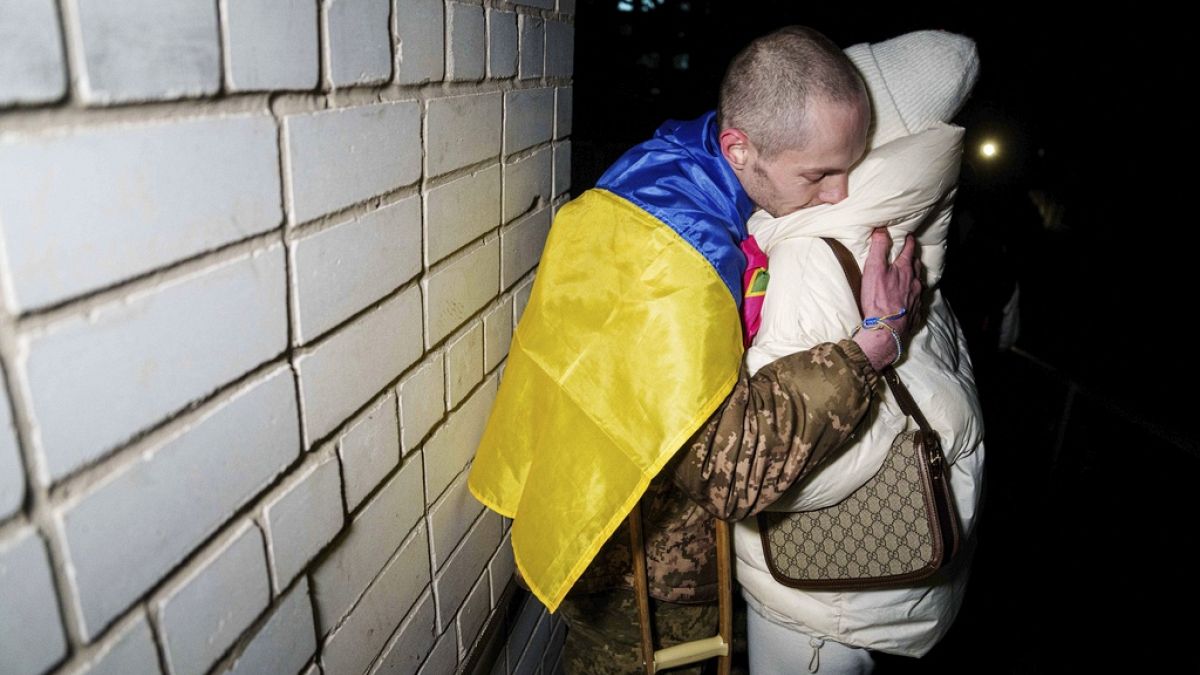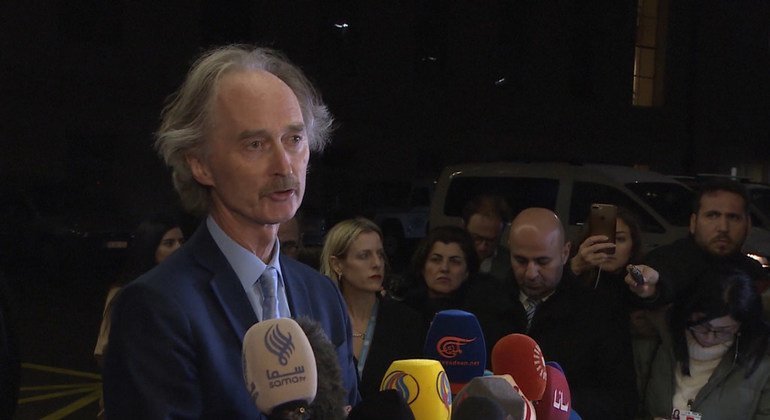Kosovo has started a 61-day countdown to a potential new flashpoint with Serbia amid EU appeals for calm.
Kosovo prime minister Albin Kurti issued the deadline — 31 October — for some 50,000 ethnic Serbs in Kosovo to switch their number plates from Serbian ones to Kosovar ones in a politically-charged statement on Thursday (1 September).
“The plates issued by Serbia … are the legacy of the Milošević regime,” he said in Serbian on Facebook, referring to Serbia’s late wartime leader Slobodan Milošević.
“Such a legacy should not be a burden on your back. In this way, it purposefully keeps you isolated even in the past,” he added.
He also offered tax breaks of up to €5,000 for those who went ahead.
But he made clear that the move was “nothing more or less than an expression of the exercise of [Kosovar] sovereignty” — which Serbs do not recognise.
The last time Kurti tried to enforce the same idea, at the start of August, it led to violent protests by ethnic Serbs in northern Kosovo, accompanied by a show of military force by Serbian warplanes.
KFOR — the Nato mission keeping the peace in Kosovo for the past 20 years — told Reuters on Wednesday it didn’t see any imminent danger.
“We don’t see any kind of indication even of a preparation for a war … Those who think responsibly, they should not talk about war,” major general Ferenc Kajari, the KFOR commander, said.
But the EU Commission urged Kosovo to take things more slowly so as not to cause fresh unrest.
“It is important that sufficient time is given for the implementation of this plan, and that it is prepared and executed in close consultation with the affected citizens, and in line with good European practices,” a Commission spokesperson told Reuters.
“The freedom of movement conclusions from 2016 [a previous EU communication on the subject] included much longer timelines for re-registration, which should provide guidance for the process at hand now,” the spokesperson said.
Kosovo and Serbia should “use the EU-facilitated dialogue as the platform to address and resolve all open issues between them … including related to license plates,” the spokesperson added on Kurti’s unilateral move, referring to EU-brokered talks on normalising relations.
The talks have gone on since 2011 at various levels of government and, last week, led to a deal between Belgrade and Pristina on the use of ID cards by Kosovar Serbs.
But the dialogue has done little to deliver a deal on Serb recognition of Kosovo, while stoking fears in Pristina that the West would be happy to have a quasi-autonomous Serb entity inside Kosovo similar to Republika Srpska in Bosnia.
The number-plate dispute also comes amid increasing EU concern that Russia might stir up instability in the Western Balkans to distract Europe from its war against Ukraine.
The Russian foreign ministry tried to pour kerosene on the flames in August by claiming the number-plate row was designed to see ethnic Serbs forcibly cleared out of Kosovo.
The EU also almost doubled the number of soldiers in its Eufor peacekeeping mission in Bosnia in the wake of the Ukraine war and amid threats by Republic Srpska’s pro-Russian president Milorad Dodik to secede from the federation.
“Regional tensions are being fuelled by foreign interference,” EU foreign relations chief Josep Borrell said in Prague on Wednesday, referring to Moscow.
“The EU needs to intensify its close relations with the countries of the Western Balkans and strive for swift progress in the process of EU accession,” France and Germany said in an informal paper circulated to fellow EU states this week.


















.jpeg)

Discussion about this post